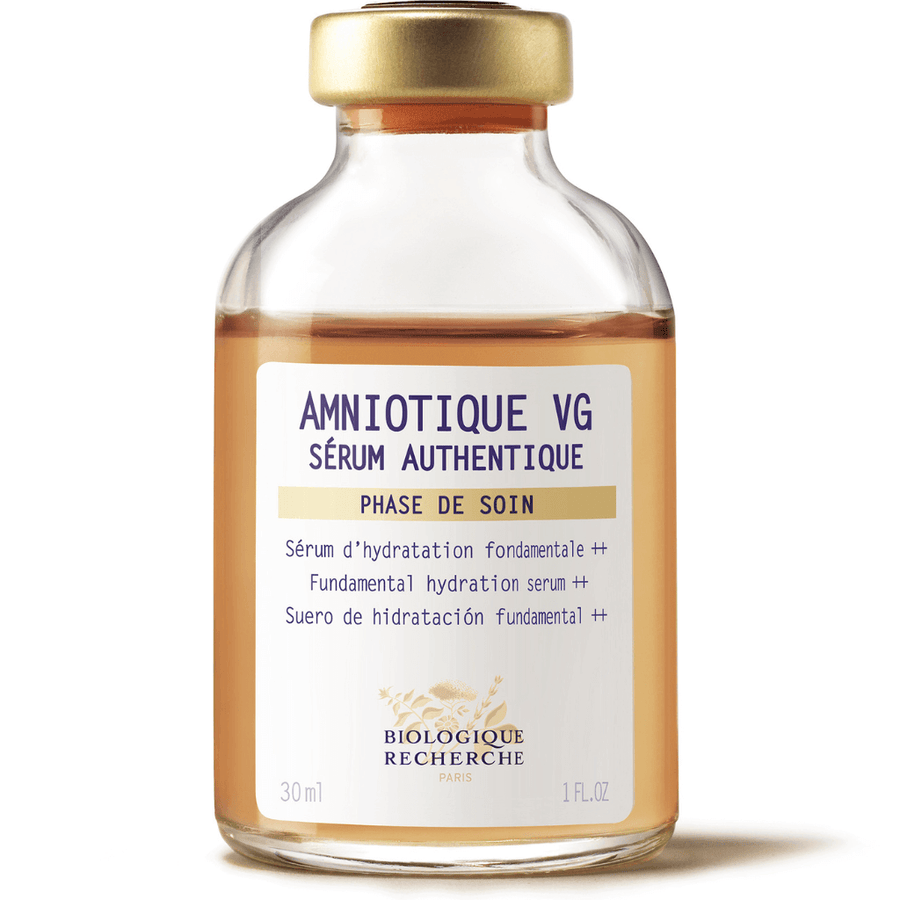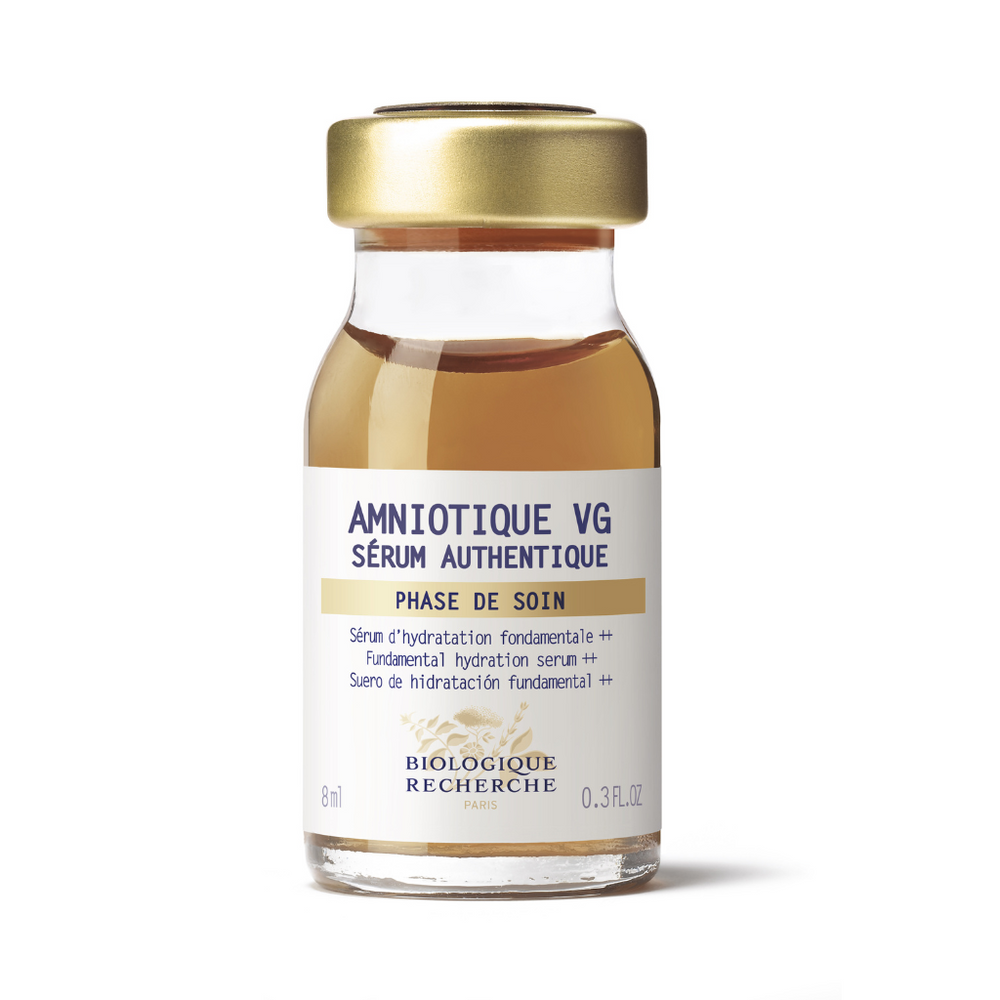Sensitive Skin vs. Sensitized Skin
Sensitive Skin VS Sensitized Skin
When it comes to skincare, understanding what sets sensitive skin apart from sensitized skin is key to building a routine that truly works. Even though these terms sound pretty similar, they need different strategies. Let's dive in and break down the differences between sensitive and sensitized skin in a way that's easy to understand.
Sensitive Skin
Sensitive skin is often a genetic predisposition, meaning individuals may have experienced heightened skin sensitivity from a young age. It is characterized by reactions to various triggers such as certain ingredients, environmental factors, or weather conditions. Symptoms can range from redness and itching to burning sensations. Those with sensitive skin may need to be cautious about the products they use and often benefit from hypoallergenic and fragrance-free formulations. Most people are not truly sensitive, they are sensitized.
Sensitized Skin:
On the other hand, sensitized skin is a condition that can develop over time due to external factors or lifestyle choices. It occurs when the skin's natural barrier is compromised, making it more reactive to stimuli. Common culprits include harsh skincare products, excessive exfoliation, or environmental stressors. Sensitized skin often displays similar symptoms to sensitive skin, like redness and irritation, but the key distinction lies in its development over time rather than being an inherent trait.
Distinguishing Factors:
- Root Cause:
- Sensitive Skin: Primarily a genetic predisposition.
- Sensitized Skin: Developed over time due to external factors.
- Triggers:
- Sensitive Skin: Reactions to various triggers, often present from an early age.
- Sensitized Skin: Result of external factors, lifestyle choices, or product misuse.
- Management:
- Sensitive Skin: Requires careful selection of hypoallergenic products.
- Sensitized Skin: Focus on restoring the skin barrier with gentle, soothing formulations.









